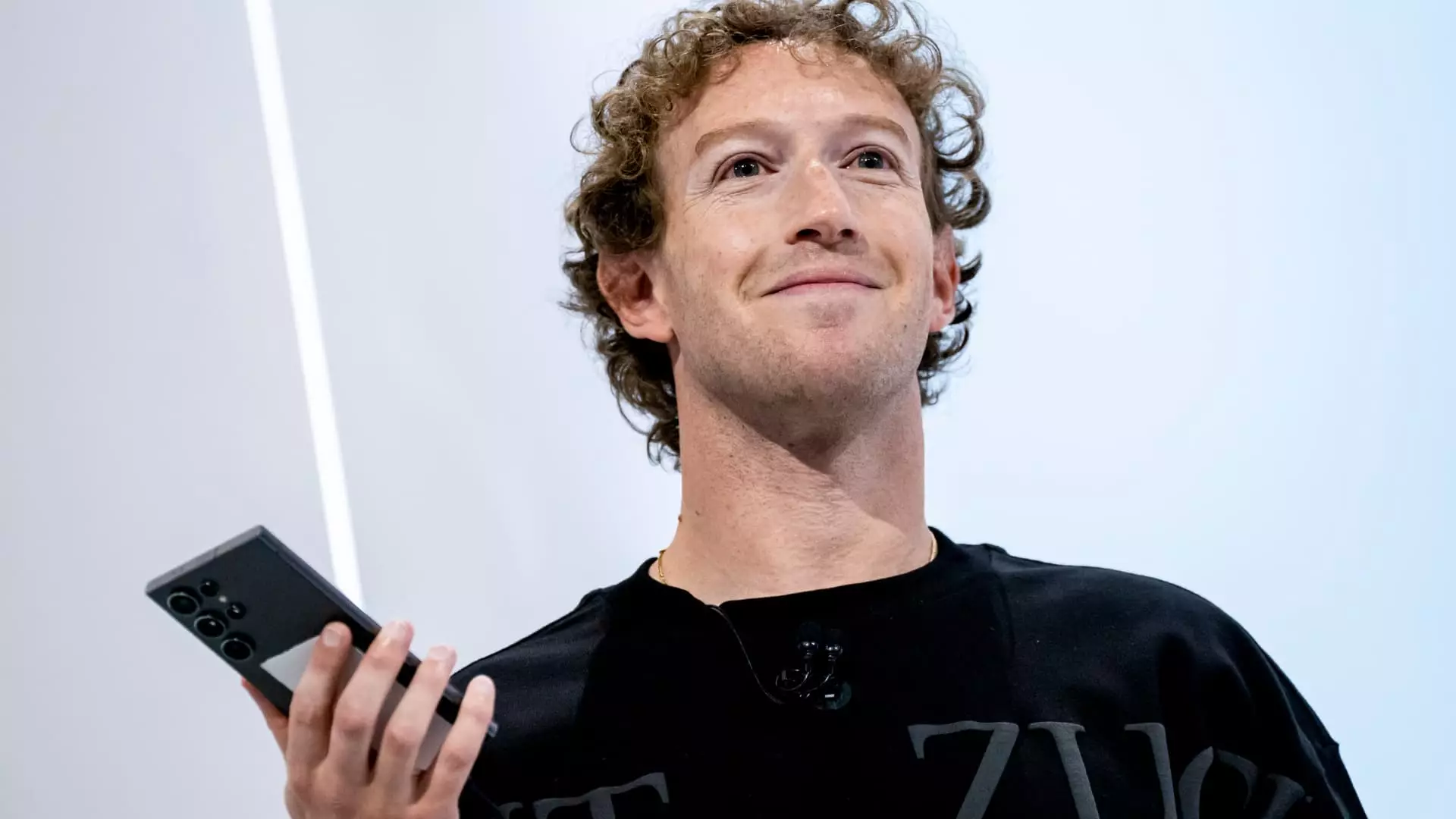The recent disclosures from Meta CEO Mark Zuckerberg during an episode of the Joe Rogan Experience podcast have ignited a renewed conversation surrounding the intricate dynamics of social media companies, government influence, and public health communication. This piece will explore the implications of Zuckerberg’s assertions regarding the pressure from the Biden administration to censor content related to Covid vaccine side effects and what this means for discourse around health on social media platforms.
Zuckerberg’s comments point to a contentious relationship between social media platforms and governmental authorities, particularly in scenarios involving public health. The pressure exerted by the Biden administration to remove content discussing potential side effects of Covid vaccines raises ethical questions: at what point does the responsibility to promote public health overshadow the fundamental right to free speech? Zuckerberg characterized his stance as “pretty pro rolling out vaccines,” suggesting that he is in favor of promoting vaccination efforts, but his acknowledgment of censorship efforts complicates this assertion.
By highlighting the administration’s insistence on controlling the narrative surrounding vaccine safety, Zuckerberg signals a broader concern about governmental overreach in regulating public opinion. When state establishments attempt to restrict discussions that include legitimate concerns—however uncomfortable—such actions can lead to a populace that is misinformed, yet loyally compliant in the face of purported “truth.” This alienation of dissenting voices is particularly relevant as it raises larger issues about the robustness of democratic principles in the digital age.
Meta’s recent transition from third-party fact-checking to a community-led fact-checking system marks a significant shift designed to redefine the company’s role and responsibilities amid evolving political landscapes. This strategy bears resemblance to approaches taken by fellow social media platforms, like X, which have adopted a more decentralized method of content moderation. The reliance on community notes allows users to engage critically with information, potentially fostering a sense of ownership over discourse while also increasing the likelihood of misinformation spreading unchecked.
Zuckerberg’s suggestion that the administration’s efforts were aimed at “censoring” discussions surrounding vaccine side effects evokes concerns regarding the repercussions of unregulated user-generated content for public safety. While community involvement is beneficial in principle, the risks associated with misinformation must not be overlooked, especially in crucial areas such as health care and vaccination where misinformation can lead to devastating consequences.
The Dilemma of Corporate Responsibility
As Zuckerberg revealed internal discussions regarding the censorship of content deemed “factually accurate,” it raises fundamental questions about corporate responsibility in the regulation of online content. The choice to err on the side of caution—or to appease political pressures at the expense of transparent public discourse—suggests a precarious tightrope that social media companies must walk.
The absolutist perspective taken by the Biden administration implies a paternalistic view of what constitutes validated information, neglecting the diverse perspectives needed in democratic conversations. The backlash against broader content censorship, especially concerning health matters, underscores the need for social media entities to become more transparent about their content policies and the underlying motivations for these decisions.
Regulation and the Future of Technology
Zuckerberg also touched on a pressing issue: the lack of sufficient regulatory protections for the United States’ technology industry. With the European Union imposing billions in fines on tech companies over the past decades, Zuckerberg’s assertion that the U.S. government needs to bolster the tech sector’s defense against foreign regulators resonates with increasing urgency. The invite for more coherent regulations suggests that Zuckerberg anticipates a re-evaluation of standards that might substantiate a healthier relationship between technological enterprises and regulatory bodies.
As we navigate the murky waters of social media, government intervention, and public discourse about health, the insights shared by Zuckerberg are indicative of broader trends. The interplay between censorship and free speech, corporate responsibility, and the regulatory landscape all demand our attention and deliberation. Engaging with these issues is not only vital for meaningful dialogue but also for safeguarding democratic principles as society continues to grapple with the consequences of misinformation.

